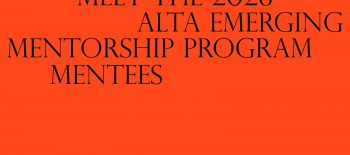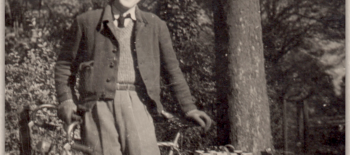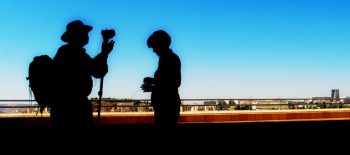POLISH PROSE on Tour in the U.S.: Bruno Schulz and Jewish Modernity Book Launch
Wednesday, March 26, 2025 at 6:00 PM – 8:00 PM
The New School
Wolff Conference, Room D1103
6 East 16th Street, New York, NY 100030
In-person talk and book launch by Karen Underhill, University of Illinois Chicago, in conversation with Irena Grudzińska-Gross, scholar and writer
In the 1930s, through the prose of Bruno Schulz (1892–1942), the Polish language became the linguistic raw material for a profound exploration of the modern Jewish experience. Rather than turning away from the language like a number of his Galician Jewish colleagues who would choose to write in Yiddish, Schulz used the Polish language to explore his own and his generation’s relationship to East European Jewish exegetical tradition, and to deepen his reflection on golus or exile as a condition not only of the individual and of the Jewish community, but of language itself, and of matter. Drawing on new archival discoveries, this study explores Schulz’s diasporic Jewish modernism as an example of the creative and also transient poetic forms that emerged on formerly Habsburg territory, at the historical juncture between empire and nation-state.
In episode five of the first season of Encounters with Polish Literature, “Bruno Schulz with Karen Underhill,“ we explored Karen Underhill’s research on Schulz within the Jewish modernist context of his time.
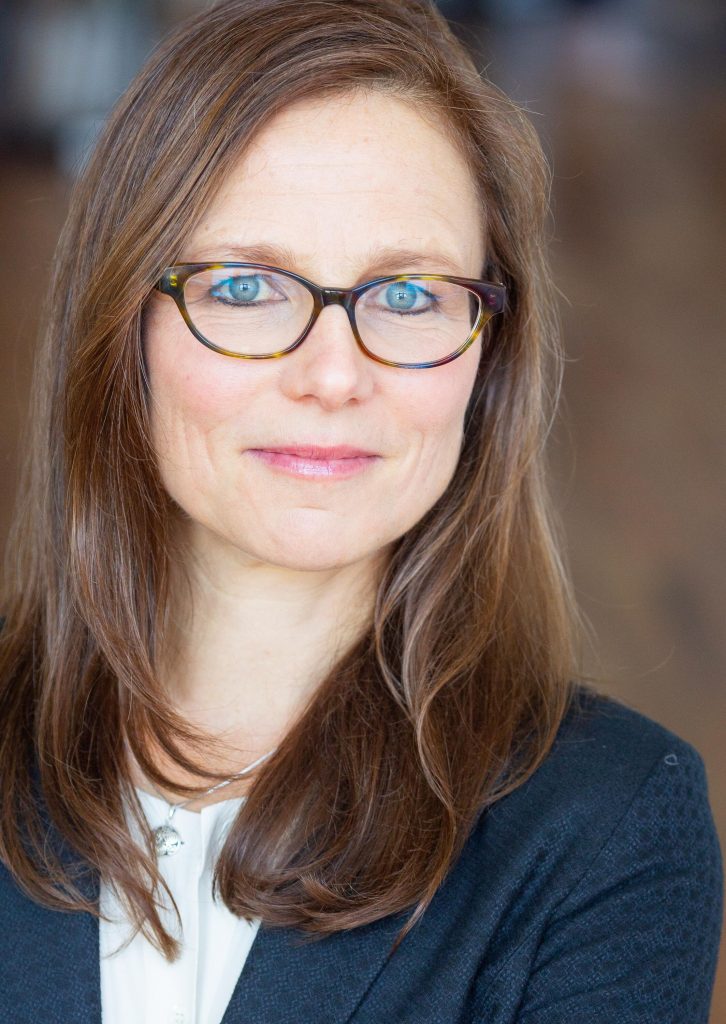
Karen Underhill is Associate Professor of Polish and Jewish Studies in the Department of Polish, Russian, and Lithuanian Studies at the University of Illinois Chicago. Her research at the intersection of Polish and Jewish cultures and literatures focuses on Polish and Yiddish modernisms; Bruno Schulz and Galician Jewish culture in the interwar period; and changing narratives of Poland as a multilingual and pluralist space of encounter. An alum of the TCDS’s Democracy & Diversity Summer Institute, she received her PhD in Polish and Jewish Studies at the University of Chicago, was Joseph Kremen Memorial Fellow at YIVO Institute for Jewish Research, and is co-founder of Massolit Books & Cafe in Krakow. Her articles have appeared in POLIN, East European Politics and Societies, Slavic & East European Journal, Ruch Literacki, Teksty Drugie, and Czas Kultury. She is currently working on a book manuscript on feminist translation as activism in multilingual interwar Poland.
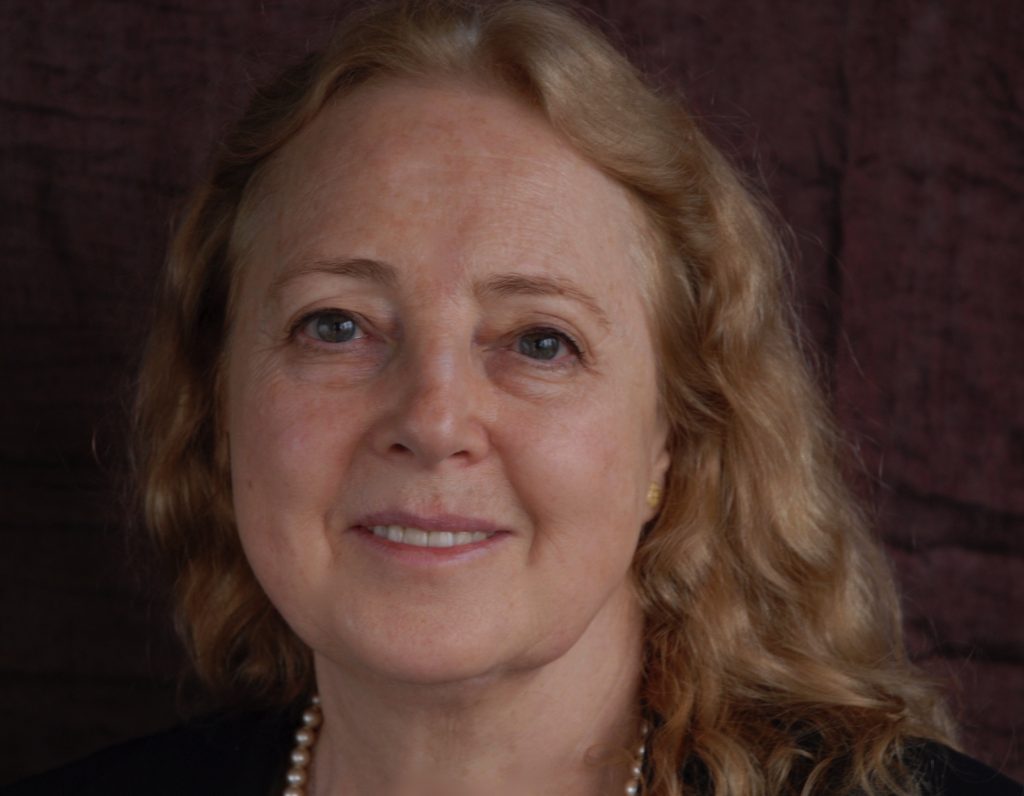
Irena Grudzinska Gross emigrated from her native Poland after student unrest of 1968. She studied in Poland, Italy and in the United States; she received her PhD from Columbia University in 1982.She taught East-Central European history and literature at Emory, New York, Boston and Princeton universities. She is now a professor in the Institute of Slavic Studies at the Polish Academy of Science and a Guggenheim Fellow. Her books include “Golden Harvest” with Jan T. Gross, Oxford University Press, 2012, “Czesław Miłosz and Joseph Brodsky: Fellowship of Poets,” Yale University Press, 2009, and “The Scar of Revolution: Tocqueville, Custine and the Romantic Imagination,” University of California Press, 1995. She edited books on literature and the transformation process in Central and Eastern Europe and published numerous book chapters and articles on these subjects in the international press and periodicals. Between 1998-2003, she was responsible for the East-Central European Program at the Ford Foundation.
As a Guggenheim Fellow she will be working on a biography of Alexander Weissberg-Cybulski (1901-1964), an Austrian-Jewish physicist, political prisoner, writer, businessman, communist, then anti-communist and gambler. His life will be an entry point into the most important phenomena in twentieth-century East-Central European Jewish history: social mobility limited by violence and discrimination, assimilation through education and politics, internationalism versus national affiliation, family discontinuities, and geographic displacement. Weissberg’s life, the story of his milieu and that story’s aftereffects on her own post-World War II generation will constitute three aspects of that book.
Presented by Transregional Center for Democratic Studies (TCDS) at The New School for Social Research (NSSR), and The Polish Cultural Institute New York.

